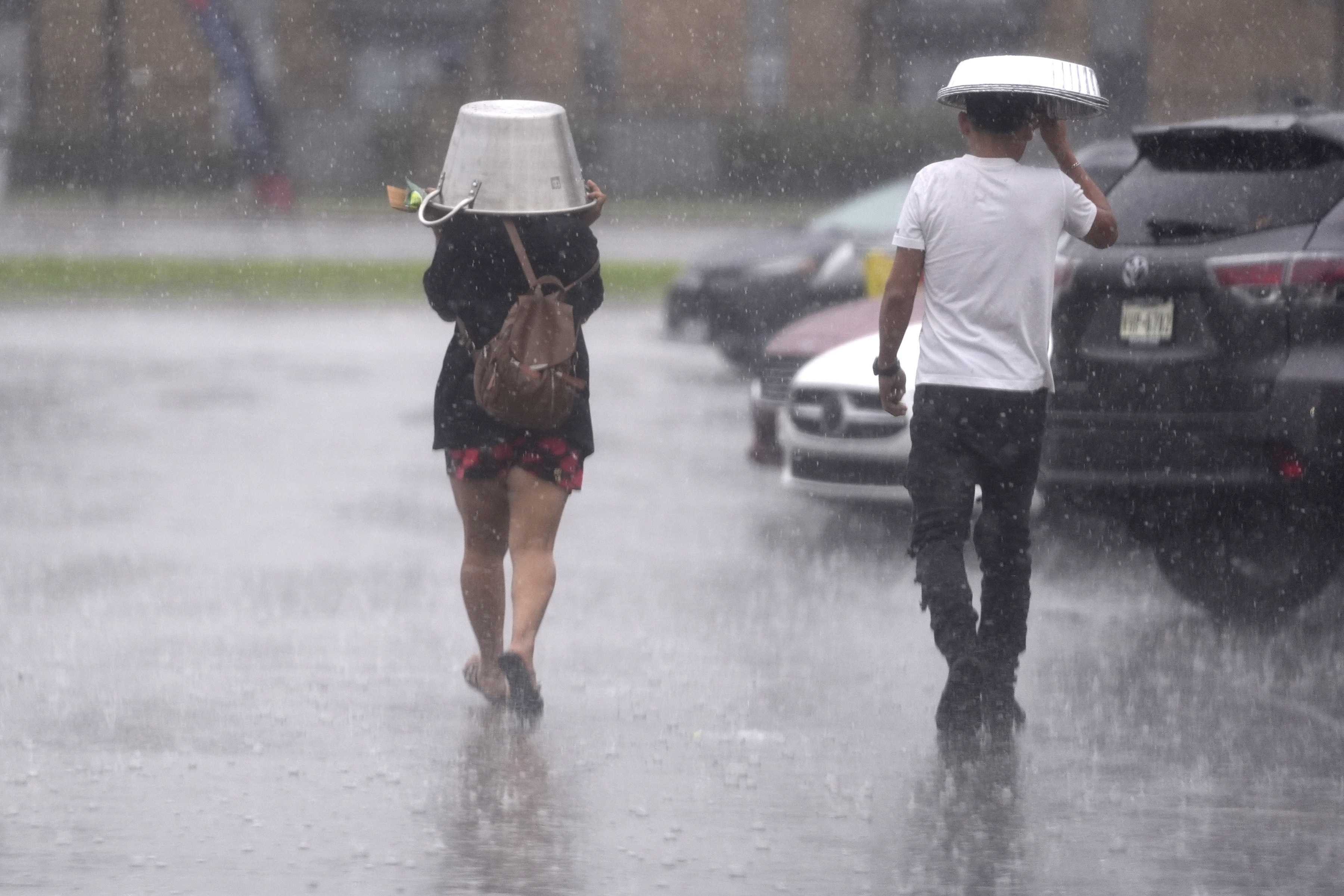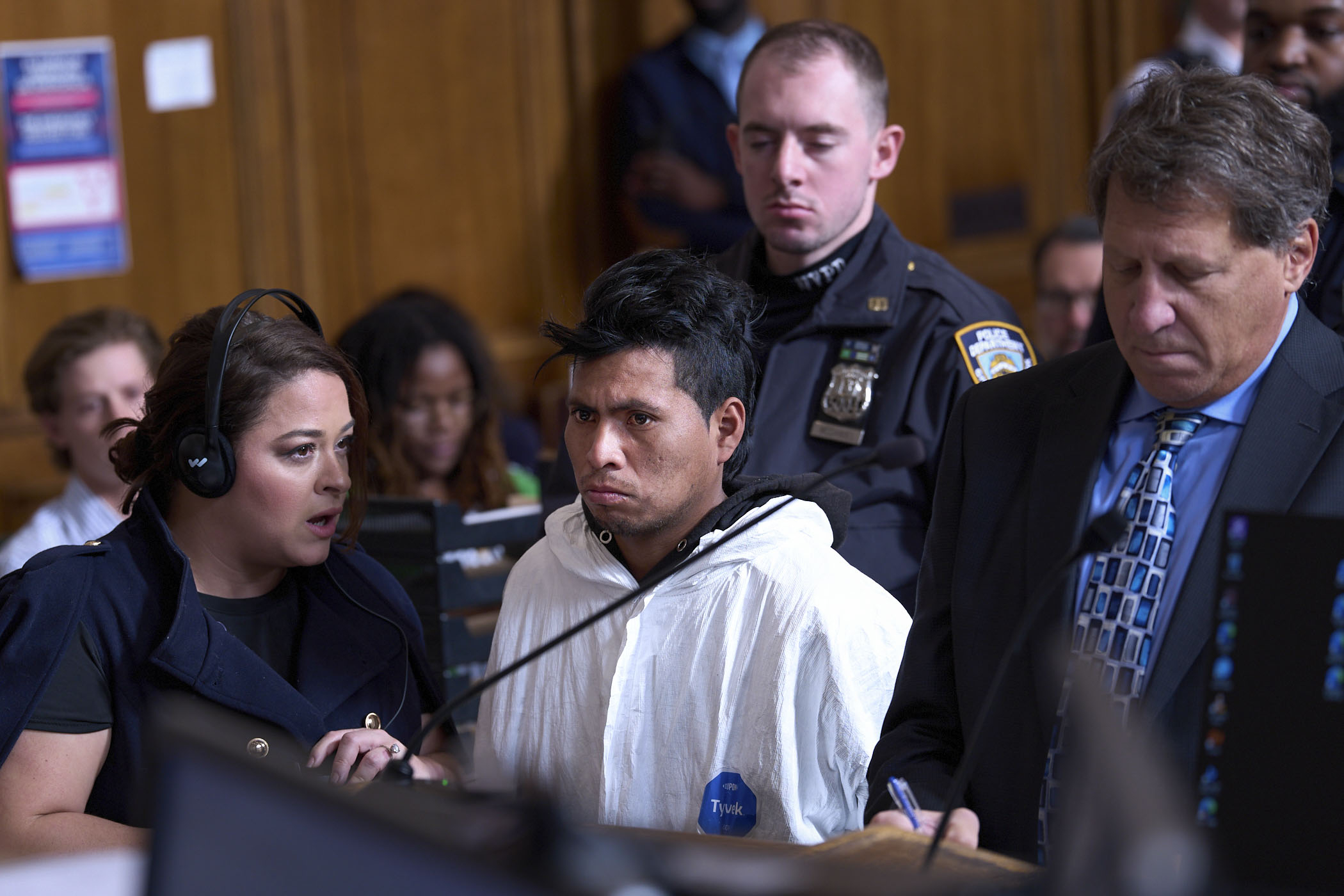What's New
Older Americans are more likely to buy homes in disaster-prone areas of the country than younger generations, according to a recent report by Redfin. That's true across all income levels, the real estate brokerage found.
Nearly 37 percent of all home purchases in areas at high risk of extreme heat over the last year were made by Americans aged 65 and above—the same age cohort that is more vulnerable to rising temperatures. By comparison, 32.3 percent were made by people under 35, the real estate brokerage reported.
Similarly, 13.3 percent of home purchases in counties exposed to flood risk were made by people aged 65 and above, compared with 9.8 percent made by people under 35. A total of 3.7 percent of purchases of homes in areas at high risk of fire were made by over-65s, while the rate went down to 2.6 percent among under-35s.
Why It Matters
Climate change is exacerbating the hazardous conditions millions of Americans have lived in for decades now, making some areas, especially on the coast, too risky to insure for private companies.

While states like Florida and California have always been at risk of hurricanes and wildfires respectively, researchers have proved that global warming is making extreme weather events more frequent and more severe. As a result of this increased risk, these two states have already experienced high rates of non-renewals, as private insurers cut coverage or leave the market entirely.
As the country navigates an ongoing housing supply shortage that has squeezed many Americans out of the market, rising insurance premiums in vulnerable areas could add to the affordability pressure already felt by homebuyers and homeowners, weighing more heavily on older citizens.
What To Know
According to Redfin, the same characteristics that make the traditional retirement hotspots in America appealing to older people are the same as those that are making these areas more risky now. Sunny, warm weather comes with the higher risk of extreme heat and drought in Arizona, and hurricanes and rising sea levels in Florida.
Younger people prefer to live in major urban centers such as Boston, Chicago and Minneapolis, Redfin found, which are facing lower climate risk than the likes of Arizona and Florida.
Climate change, in general, is less of a concern to older people when considering buying a home. Less than one third (31 percent) of baby boomers—born between 1946 and 1964—factor it into their decision about where to live, according to the Redfin-commissioned survey.
By comparison, 56 percent of millennials (born 1981-1996) and 50 percent of Generation Zers (1997-2012) factored it in.
What People Are Saying
Rafael Corrales, a Redfin Premier real estate agent in Miami: "Retirees understand the risks of moving to Florida, but many believe the pros still outweigh the cons. When I explain to buyers that they can get more bang for their buck and lower flood risk a little further inland, they often tell me, 'Rafael, we came to Florida for the waterfront views.'"
What's Next
Retirement hotspots like Florida could soon lose some of their appeal to older people—even as some ignore the increasing risk posed by climate change there.
While many boomers consider that the benefits of living in Florida, for example, outweigh the risk posed by extreme weather events, factors including skyrocketing insurance costs and soaring property taxes might change their mind.




















 English (US) ·
English (US) ·